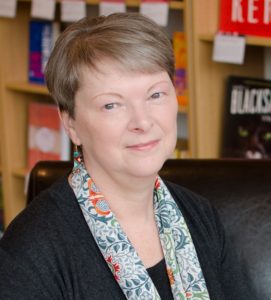 Lucienne Boyce has published two historical novels, To The Fair Land (2012) and Bloodie Bones: A Dan Foster Mystery (2015). She published The Bristol Suffragettes (non-fiction) in 2013. She is currently working on the second Dan Foster Mystery and the biography of a suffragette with Bristol connections. She is a steering committee member of the West of England and South Wales Women’s History Network, and recently joined Bristol’s BCfm Radio as a presenter on the Silver Sound programme.
Lucienne Boyce has published two historical novels, To The Fair Land (2012) and Bloodie Bones: A Dan Foster Mystery (2015). She published The Bristol Suffragettes (non-fiction) in 2013. She is currently working on the second Dan Foster Mystery and the biography of a suffragette with Bristol connections. She is a steering committee member of the West of England and South Wales Women’s History Network, and recently joined Bristol’s BCfm Radio as a presenter on the Silver Sound programme.
Why did you write Bloodie Bones: A Dan Foster Mystery?
I write historical fiction about the eighteenth century and non-fiction about the women’s suffrage campaign. Both are aspects of my interest in radical history and the history of protest. I’m interested in telling stories of how people made powerless by the law are finally driven to resist that law – to become stone-throwers, vandals, arsonists – and in thinking about how far they could and should go in those struggles.
At the same time, I’d been pleasantly surprised by how much I enjoyed writing the mystery elements of my first novel, To The Fair Land (also set in the eighteenth century – about the search for the anonymous author of a book about a voyage to the South Seas which involves the hero getting to the bottom of old and new crimes). More to the point, readers were telling me they enjoyed those aspects of the story. I’ve always loved detective fiction – I’m a huge fan of Lord Peter Wimsey, Sherlock Holmes and Inspector McLevy. I also have a long-standing interest in the eighteenth century, a period when I think many of the systems we live with today were established or developed, including the policing system. The Bow Street Runners were the forerunners of our modern CID, and even without the assistance of modern forensic processes many of their investigative methods are remarkably familiar.
So it seemed natural to combine all this and come up with a Bow Street Runner as my main character. In that way, I could write about someone whose job is to uphold the law at a time of great social change and unrest. One of the most far-reaching of those changes was land enclosure, when land previously accessible to the poor was taken into private ownership. For many poor people it was an economic disaster, driving them out of their homes and into the cities, where they provided the cheap labour that made the expansion of industry possible.

Decaying hedges mark the lines of the straight field boundaries created by the 1768 Parliamentary Act of Enclosure of Boldron Moor, County Durham. Creative Commons Attribution-Share Alike 2.0 Generic licence. Attribution: Andy Waddington
A major inspiration for Bloodie Bones was John Clare’s poem The Mores, which reminds us that these changes had an emotional impact as well as an economic one. All too often, the history of enclosures (like that of its urban counterpart, industrialisation) has been told as part of a narrative of “progress”. Clare’s poem draws our attention to the fact that it affected real people: “Inclosure came and trampled on the grave/Of labour’s rights and left the poor a slave.”[1]
Why do you think your main character, Dan Foster, is like he is?
Dan Foster had a tough upbringing. Abandoned and homeless as a child, he survived on the streets by thieving. That means he understands what it is to be hungry and homeless, to be ragged and cold, to be treated as a scrounger and a beggar. He also knows that law and justice are not necessarily synonymous. Yet he often struggles with his sense of injustice and his duty to uphold the law. In Bloodie Bones, for example, he begins to realise what’s at stake for the protestors. It’s a tension that can only intensify – perhaps one day he will have to decide on which side he stands.
He also has a deep-rooted fear of being cast back into the poverty, violence and squalor of his past. That makes him ambitious to succeed in his profession. As the series develops we’ll see him trying to balance this with his growing distaste for an oppressive legal system. He’ll struggle with personal issues too, and in particular his unhappy marriage and his love for his wife’s sister.
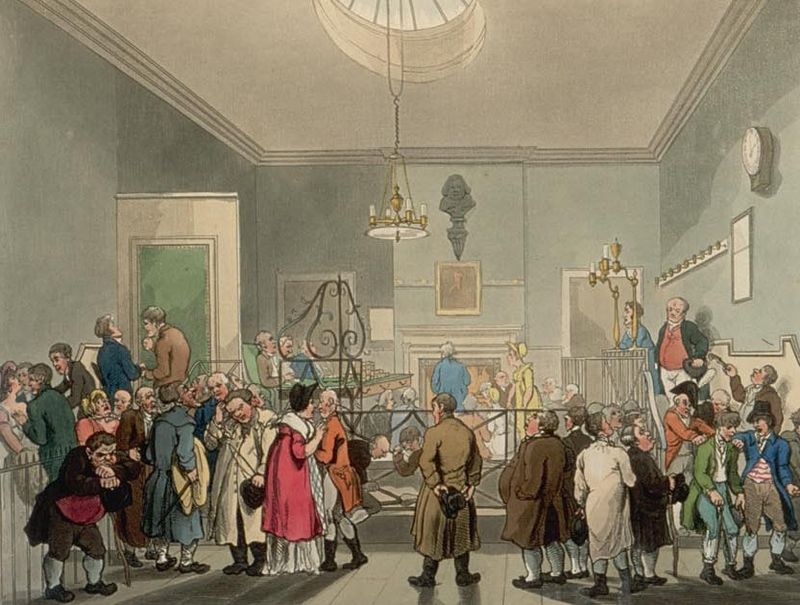
Bow Street Magistrates’ Court in London: This engraving was published as Plate 11 of Microcosm of London (1808)
What does Dan Foster think he is like?
“I’m a Principal Officer attached to Bow Street Magistrates’ Court – what you might know as a Bow Street Runner – though we’re known by many other names too, which I won’t mention in polite company. I’d never have got this far if it hadn’t been for the man I call Dad, Noah Foster. Noah came across me at the Oliver v Johnson fight back in ’81. I was out on the prigging lay* and I’d got into a fight of my own with another diver* who thought I was poaching on his patch. Gave me a beating too, but Noah saw something in the savage, sullen thing I was then and he took me home to his gym, brought me up, trained me to fight scientifically.
I know there are those who think that boxing is low and vicious and it’s true there are plenty who call themselves pugilists who are nought but butchers. But what Noah taught me was something different. It was discipline and courage. It was self-respect. It was to hate a bully, to stand up to the strong who prey on the weak. It was the saving of me – and still is, for in my line of work soft words are not always enough to turn what you might call the hand of wrath. I’m not so keen on pistols, only as a last resort. So the science comes in handy.
I’ve never wanted to turn professional – I’ve seen too many good fighters ruined by fame and fortune. Dad’s always accepted that – in fact, it was him who suggested I join the Bow Street patrol as a way of earning some money, though I’ll inherit the gym one day. A day I hope is a long way off yet. But Mrs Foster – Caroline – doesn’t see it that way. She’d rather be married to a boxing champion than a Bow Street Runner. But if my fighting skills are to mean anything it’s here, in the job. This is who I am. I’m Dan Foster, Principal Officer of Bow Street.”
*prigging lay – thieving
* diver – pickpocket
[1] John Clare, The Mores, in Selected Poems and Prose of John Clare, edited by Eric Robinson and Geoffrey Summerfield (Oxford: Oxford University Press, 1967), pp. 169 – 171.
So what’s Bloodie Bones: A Dan Foster Mystery about?
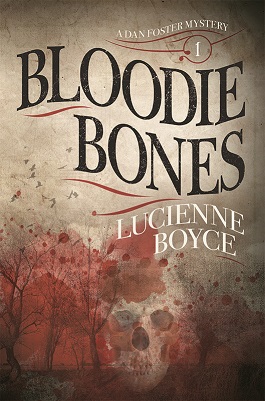 “Parsons and tyrants friends take note. We have born your oppreshuns long enough. We will have our parish rights or else Bloodie Bones will drink your blood.”
“Parsons and tyrants friends take note. We have born your oppreshuns long enough. We will have our parish rights or else Bloodie Bones will drink your blood.”
When Lord Oldfield encloses Barcombe Wood, depriving the people of their ancient rights to gather food and fuel, the villagers retaliate with vandalism, arson and riot. Then Lord Oldfield’s gamekeeper, Josh Castle, is murdered during a poaching raid. Dan Foster, Bow Street Runner and amateur pugilist, is sent to investigate.
Dan’s job is to infiltrate the poaching gang and bring the killers to justice. But there’s more to Castle’s death than at first sight appears. What is the secret of the gamekeeper’s past and does it have any connection with his murder? What is Lord Oldfield concealing? And did someone beside the poachers have a reason to want Josh Castle dead?
As tensions in Barcombe build to a thrilling climax, Dan will need all his wits and his fighting skills to stay alive and get to the truth.
Bloodie Bones is a winner of the Historical Novel Society Indie Award 2016 and was a semi finalist for the M M Bennetts Award for Historical Fiction 2016.
Buying links: Amazon.co.uk Amazon.com
Also available on Kobo, Nook and iBooks.
Connect with Lucienne: Website Twitter @LucienneWrite
Facebook Blog Goodreads
Alison Morton is the author of Roma Nova thrillers, INCEPTIO, PERFIDITAS, SUCCESSIO and AURELIA. The fifth in the series, INSURRECTIO, was published in April 2016.
Find out more about Roma Nova, its origins, stories and heroines… Get INCEPTIO, the series starter, for FREE when you sign up to Alison’s free monthly email newsletter
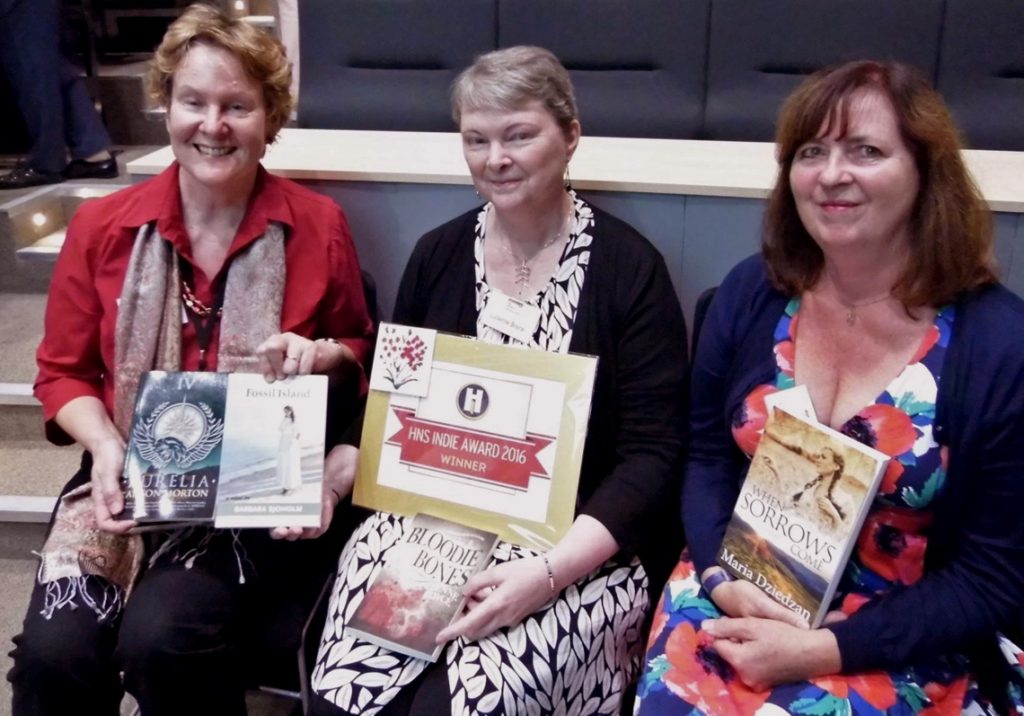

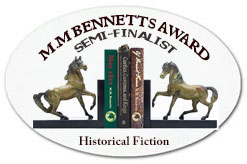













Leave a Reply